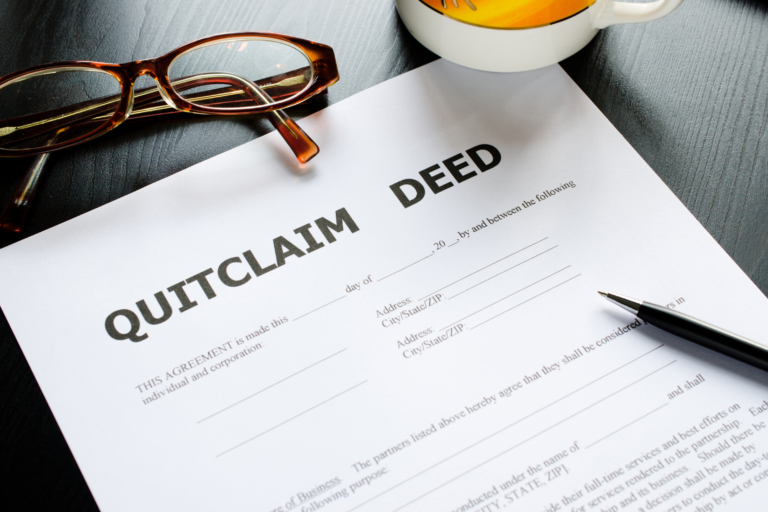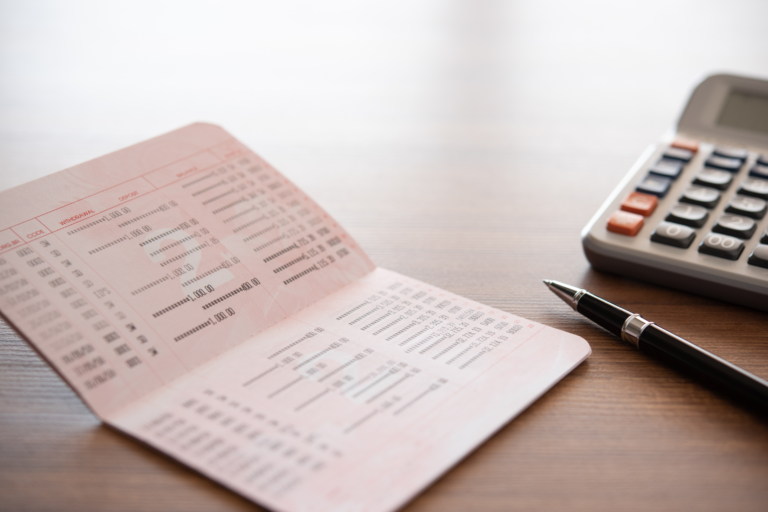In a lady bird deed, the grantor conveys or transfers ownership of a property to one or more designated beneficiaries. Referred to as “remaindermen,” these beneficiaries only receive ownership of the property after the grantor’s death.
While he or she is still alive, the grantor retains full control over the property. Keep reading for an overview of the pros and cons of a Florida lady bird deed.
Advantages of Florida Lady Bird Deeds
The first advantage of enhanced life estate deeds (also referred to as “lady bird deeds”) is probate avoidance. Probate is a court-supervised process to administer and distribute the estate of a deceased person.
Depending on the size, value, and complexity of the decedent’s estate, probate may result in a lengthy and expensive process for the heirs and beneficiaries. Factors like will contests, legal disputes among heirs, and creditors’ claims may delay the distribution process even more.
With a lady bird deed, the grantor can ensure his or her remainder beneficiaries listed in the deed will circumvent probate and receive the property without going through a demanding administration process.
Enhanced life estate deeds are also useful estate planning tools to preserve one’s eligibility for Medicaid benefits and avoid the recovery rules involved in the program. As the deed creates a “remainder interest” in a property, the owner retains full control of the property during his or her lifetime.
The cost to draft a lady bird deed is cheaper than maintaining a trust. Additionally, as there is no immediate transfer of ownership, the payment of all documentary stamp taxes is delayed.
The amount of capital gains taxes on the value of a property transferred in an enhanced life estate deed is much lower than the amount paid on the owner’s tax basis.
Disadvantages of Florida Lady Bird Deeds
Lady bird deeds do not shield a property against creditors’ claims. If the grantor owes money to multiple creditors, one of them may attach a lien to the remainder interest in the property.
After the grantor’s death, the remaindermen would have to pay the lien for the decedent’s owed debts before selling the property. As Florida statutory rules do not specify whether the owner’s creditors can make a claim against the remaindermen, it may result in a demanding litigation process.
If the remainder beneficiary dies before the grantor, it is not easy to amend the deed and find an alternative for property distribution.
In Florida, many title companies and banks are not fond of enhanced life estate deeds, which may result in heavier scrutiny involved in the request of mortgages, loans, or insurance policies.
Most title insurance companies in Florida are generally unwilling to cover remainder beneficiaries who have been gifted with real property through a lady bird deed.
Transferring a homestead property to remainder beneficiaries with a lady bird deed is also not recommendable. If the grantor marries or has a minor child after drafting a lady bird deed, it may create unexpected results at the time of the owner’s death.
The Pros and Cons of a Lady Bird Deed in Florida – Contact Your Florida Probate Lawyer Today
Get in touch with Attorneys Romy B. Jurado and Diana C. Collazos by calling (305) 921-0976 or emailing [email protected] for an individual assessment.






